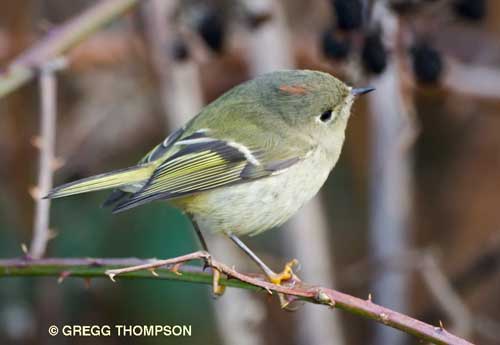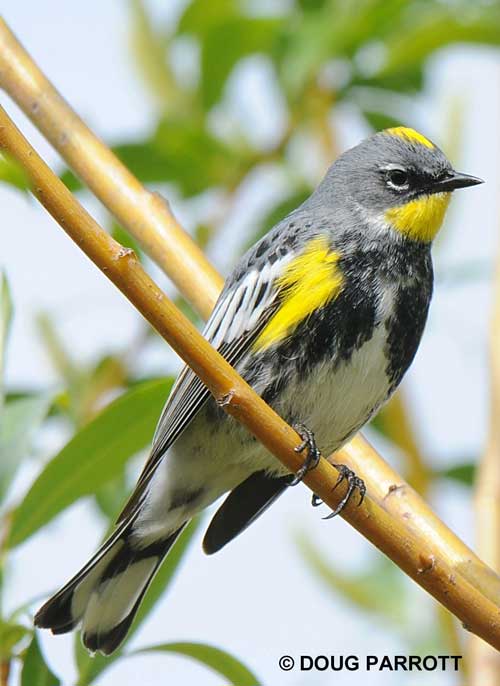March is a special time at the Fill. For a couple of weeks this month, a little window of time opens, and the songbirds who have spent the winter with us but who breed in the Far North start to sing. They are the avian version of the “snowbirds” who drive their Winnebagos to warm parts in the south to get away from the winter. Fox Sparrows, Golden-crowned and Lincoln’s Sparrows, Ruby-crowned Kinglets, and Yellow-rumped Warblers all seem to think of Seattle as the warm south. In late fall they arrive from their breeding grounds in the boreal forests of Canada and Alaska, and they spend the winter foraging for the abundant seeds and insects the Fill provides.
But as the earth begins to tilt toward spring, the longer days and shorter nights stimulate the hormones of these northern natives. In March, they begin to molt into their breeding plumage — and they lift their voices in glorious song. It is the only time of year we here in the city can hear them.
All their songs are beautiful beyond words, but the most improbably beautiful is the song of the Ruby-crowned Kinglet. It is a rollicking cascade of flute-like music, a solo sung fortissimo, con brio, a blast of pure sound so loud you’d think it comes from a person-sized bird, not the little puffball who truly sings it. By contrast, the song of the Golden-crowned Sparrow is a lament of long, slow notes sung suave, so sweet it can make you weep. These songs are punctuated by the piccolo staccato of the Lincoln’s aria and the wind-rush of the Yellow-rumped Warbler — singers who always seem to be in a hurry to push out all the notes before they run out of breath.
A great place to listen to the concert is on the Loop Trail beside Kern’s Restoration Pond. Here all five soloists often sing together, a quintet that fills the air with angelic music no human can play. Admission is free, but you have to bring your own seating. I recommend a fold-up campstool and a pair of opera glasses, although binoculars will do as well. You need to book your tickets soon, though, because the singers won’t stay much longer. They are already starting to pack for their bags for the big show in the Far North, where the audience is as tough as any dreaded by La Scala opera stars. The females of their species will be waiting to hear what the maestros can do.


